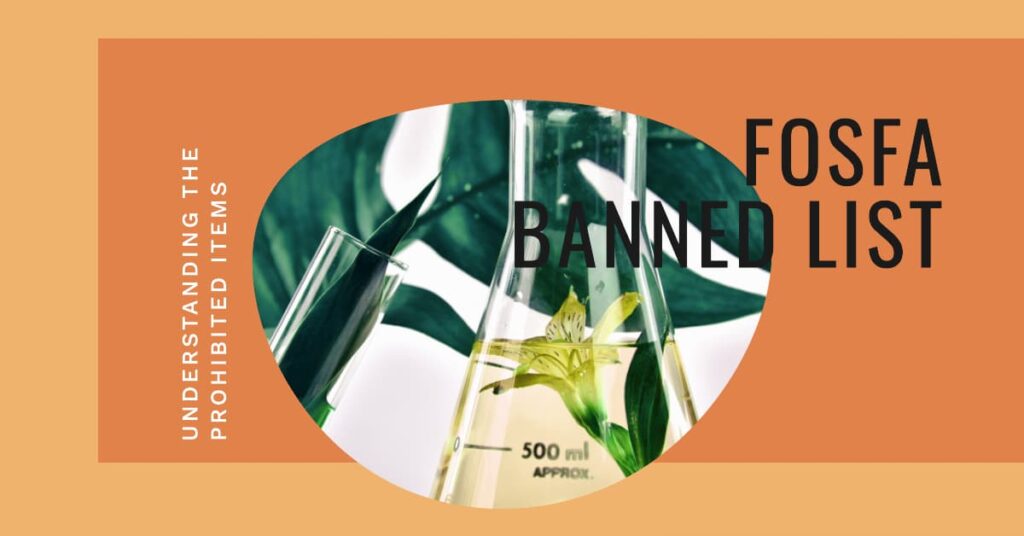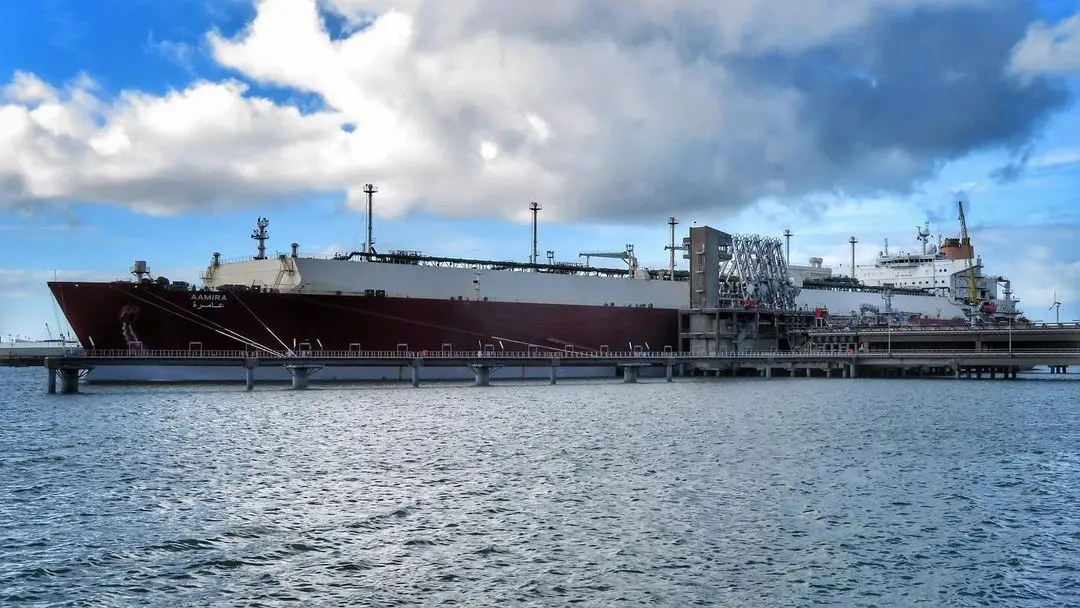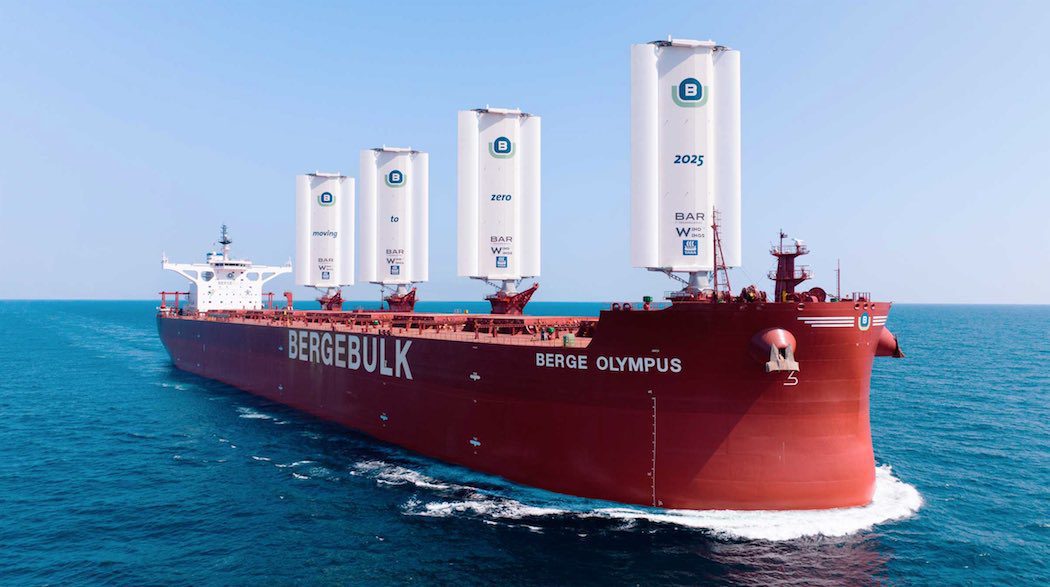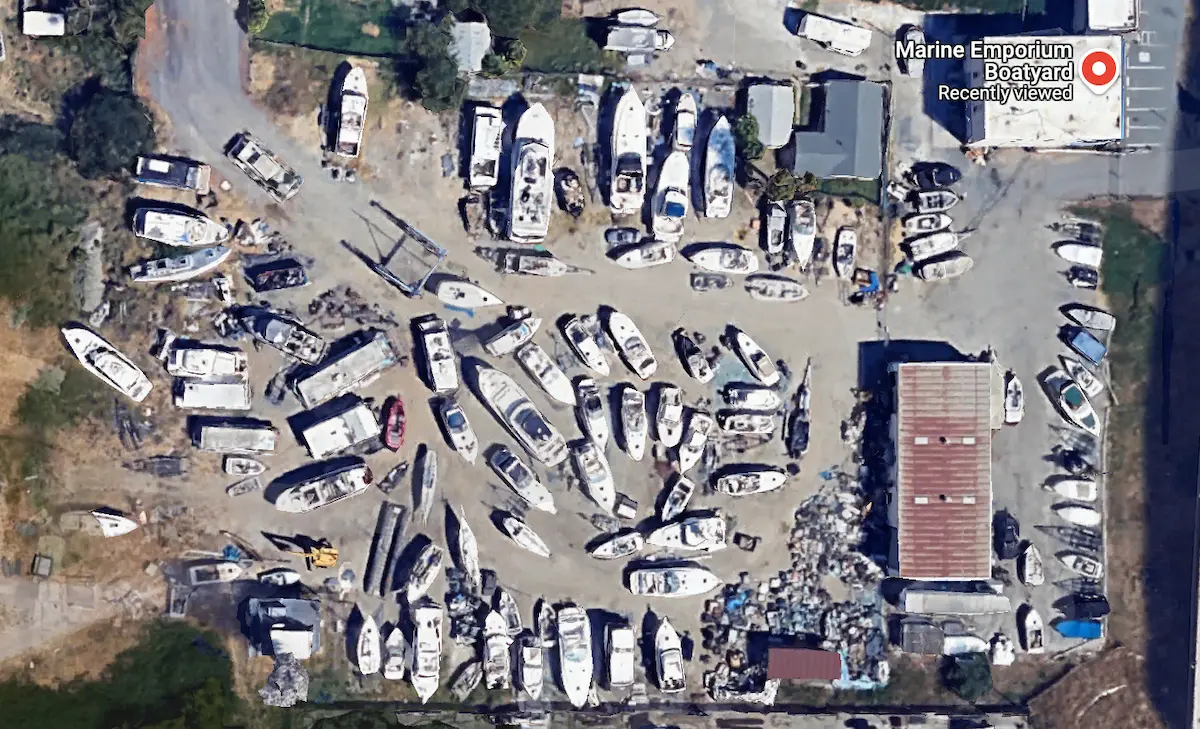Welcome to the world of FOSFA, the Federation of Oils, Seeds and Fats Associations. They’re the global voice of the oilseed, oil, and fats industry, setting the standards for the sea transport of these products. A key part of their work? The FOSFA banned list.
The FOSFA banned list is a crucial guide for anyone shipping oils and fats by sea. It details substances that can’t be carried as previous cargoes in tanks, to minimize contamination risks. It’s regularly updated to keep pace with industry changes and new scientific findings.
Whether you’re a FOSFA member or not, accessing this list is easy. Members can find it in FOSFA publications, while non-members can purchase it directly from FOSFA. Adhering to this list is a simple way to ensure the safety and quality of your cargo, significantly reducing the risk of contamination and damage.

Key Takeaways
- FOSFA’s banned list specifies the substances that cannot be carried as previous cargoes in tanks to limit the contamination risk.
- The banned list is regularly updated to reflect changes in the industry and new scientific evidence.
- Accessing the banned list is crucial for ensuring the safety and quality of oils and fats during transport.
Understanding the FOSFA Banned List
The Federation of Oils, Seeds, and Fats Associations (FOSFA) has a list of banned substances that restrict the carriage of oils and fats in bulk. The list is designed to ensure that the carriage of oils and fats is safe, and that the products remain of the highest quality.
The FOSFA banned list includes substances that are considered harmful to the carriage of oils and fats. This list is updated regularly, and the latest version can be found on the FOSFA website. The list is divided into two categories: the List of Banned Immediate Previous Cargoes and the List of Banned Substances.
The List of Banned Immediate Previous Cargoes includes substances that should not have been carried in the vessel’s tank immediately before the carriage of oils and fats.
This list is designed to ensure that the previous cargo does not contaminate the oils and fats during transportation. The list includes substances such as crude petroleum, ethylene dichloride, and styrene monomer.
The List of Banned Substances includes substances that should not be carried in the vessel’s tank at any time. This list is designed to ensure that the carriage of oils and fats is safe and that the products remain of the highest quality. The list includes substances such as leaded products, crude petroleum, and some petroleum oil products.
It is important to note that the FOSFA banned list is not the only list of banned substances. Codex Alimentarius, an international food standards organization, also has an agreed banned list that includes most of the products on the FOSFA banned list.
In conclusion, understanding the FOSFA banned list is crucial for anyone involved in the carriage of oils and fats in bulk. The list is updated regularly and includes substances that should not be carried in the vessel’s tank at any time and substances that should not have been carried in the vessel’s tank immediately before the carriage of oils and fats.
By adhering to the FOSFA banned list, the carriage of oils and fats can be made safe, and the products can remain of the highest quality.
Significance of Previous Cargoes
When it comes to trading in oils and fats, the previous cargoes of the vessel carrying the product are of great significance. The FOSFA banned list terms are based on the previous cargoes that led to problems in the past.
The list includes cargoes that are not allowed to be carried as immediate previous cargoes or within a specific number of previous cargoes.
The European Union has its own set of strict conditions for acceptable previous cargoes, which vary depending on whether the oils or fats are to be processed or not.
The Codex Committee for Fats and Oils (CCFO) has also adopted a Recommended International Code of Practice for the Storage and Transport of Edible Oils and Fats in Bulk, which includes the Draft Codex List of Acceptable Previous Cargoes.
The significance of previous cargoes lies in the fact that they can impact the quality and safety of the oils and fats being traded. For example, if a vessel previously carried a cargo that was incompatible with the current cargo, it could result in contamination or off-flavors.
Additionally, if a vessel previously carried a cargo that was on the banned list, it could pose a risk to human health or the environment.
It is important for traders to be aware of the previous cargoes of the vessel carrying the oils and fats, as well as the restrictions on acceptable previous cargoes. This can help to ensure the quality and safety of the product being traded, as well as compliance with regulations.
Accessing the FOSFA Banned List
The FOSFA Banned List is an important document for anyone involved in the trading of oils and fats. It contains a list of cargoes that are prohibited from being carried as the immediate previous cargo, as well as restrictions on certain cargoes beyond the immediate previous cargo.
Accessing the FOSFA Banned List is easy and can be done through various methods. The following are some ways to access the list:
- FOSFA Website: The FOSFA International website provides access to the latest version of the Banned List, as well as other relevant documents. The website is regularly updated with the latest news and circulars related to the trading of oils and fats.
- PDF Document: The FOSFA Banned List is available in PDF format and can be downloaded from the FOSFA website, here or from other online sources. The PDF document provides a detailed list of banned cargoes, including synonyms and alternative chemical names.
- Document from MTSD: The Banned List is also available in the form of a document from MTSD (Marine Transport Service Division). The document provides a list of banned immediate previous cargoes and their synonyms and alternative chemical names.
It is important to note that the Banned List is regularly updated, and it is essential to ensure that you have access to the latest version. You can check the date of the latest version on the FOSFA website or other online sources.
In addition to the Banned List, FOSFA also provides a list of acceptable previous cargoes. This list provides information on cargoes that are acceptable to be carried as the immediate previous cargo. The list is available on the FOSFA website and other online sources.
In conclusion, accessing the FOSFA Banned List is essential for anyone involved in the trading of oils and fats. The list can be easily accessed through various methods, including the FOSFA website, PDF documents, and documents from MTSD. It is important to ensure that you have access to the latest version of the list and to also check the list of acceptable previous cargoes.
Specific Banned Substances
FOSFA has a banned list of substances that are not allowed to be carried as the immediate previous cargo or at any time during the carriage of oils and fats in bulk for edible and oleo-chemical use. Banned substances are classified into different categories based on their chemical properties. This section will discuss the specific banned substances and their categories.
Acids and Amines
The following acids and amines are banned by FOSFA:
- Acrylic acid
- Adiponitrile
- Aniline
- Butylacrylate
- Carbon tetrachloride
- Di-isopropylamine
- Dipropylamine
- Ethanolamine
- Ethylenediamine
- Glutaraldehyde
- Hexamethylenediamine
- Morpholine ethanol
- N-hydroxyethylmorpholine
- Perchloroethylene
- Pyridine
- Tall oil fatty acid
Oils and Fats
The following oils and fats are banned by FOSFA:
- Cashew nut shell oil
- Crude mineral oil
- Heavy mineral oil
- Transformer oils of PCB type
- Used cooking oil
- Used cooking oil methyl esters
Isocyanates
The following isocyanates are banned by FOSFA:
- 2-ethylhexyl acrylate
- Di-phenyl methane di-isocyanate
- Methyl isocyanate
- Polyphenyl polymethylene isocyanate
- Toluene di-isocyanate
Monomers
The following monomers are banned by FOSFA:
- Di-allyl phthalate
- Di-octyl phthalate
- Methyl acrylate
- Methyl methacrylate monomer
- Methyl styrene monomer
- Para-methyl styrene monomer
- Alpha-methyl styrene monomer
- Vinyl acetate monomer
- Vinyl chloride monomer
- Vinyl toluene
Phthalates
The following phthalates are banned by FOSFA:
- Di-iso decyl phthalate
- Di-iso nonyl phthalate
- Di-iso octyl phthalate
- N-propylamine
Others
The following substances are also banned by FOSFA:
- Acetone cyanohydrin
- Cardura E
- Dibutylamine
- Diethanolamine
- Diethylenetriamine
- Epichlorohydrin
- Epoxy resins
- Furfuryl alcohol
- Lube oil additives
- M-divinylbenzene
- Styrene monomer
- Vinylbenzene
It is important to note that FOSFA’s banned list is subject to change as new information becomes available. Therefore, it is essential to stay up-to-date with the latest regulations to ensure compliance and avoid any potential legal or financial consequences.
FOSFA Qualifications and Operational Procedures
FOSFA Qualifications and Operational Procedures are a set of guidelines that must be followed by ships engaged in the carriage of oils and fats in bulk for edible and oleo-chemical use. These guidelines are designed to ensure that the cargo is transported safely and that the quality of the product is maintained throughout the journey.
Ships must meet certain qualifications to be eligible for the carriage of oils and fats. These qualifications include the type of vessel, the condition of the tanks, and the type of coating used on the tanks. The ship must also have a valid Certificate of Compliance issued by FOSFA.
Operational procedures must be followed during loading, transportation, and unloading of the cargo. These procedures include the use of seals on tank openings, inspection of the cargo, and proper documentation of the cargo. The cargo must also be transported in accordance with the FOSFA Banned List and Acceptable List.
ISO Tank Containers are also subject to FOSFA Qualifications and Operational Procedures. Members of FOSFA must follow the guidelines set forth by FOSFA when transporting oils and fats in ISO Tank Containers.
In conclusion, FOSFA Qualifications and Operational Procedures are essential for the safe and efficient transportation of oils and fats. By following these guidelines, ships and ISO Tank Containers can ensure that the cargo is transported safely and that the quality of the product is maintained throughout the journey.
Synonyms and Alternative Chemical Names
The FOSFA banned list includes a comprehensive list of immediate previous cargoes that are not acceptable for carriage in ships. The list provides synonyms and alternative chemical names for each of the banned substances. This section will focus on the synonyms and alternative chemical names of some of the banned substances.
For instance, Acetone cyanohydrin, which is banned by FOSFA, is also known as alpha-hydroxyisobutyronitrile or 2-methyllactonitrile. Similarly, Acrylic acid, which is also banned, is known as acroleic acid or propenoic acid. Acrylonitrile, another banned substance, is also known as 2-propenenitrile or vinyl cyanide. Aniline, which is also banned, is known as phenylamine or aminobenzene.
It is important to note that the list of synonyms and alternative chemical names is not exhaustive. There may be other names that are used for the same substance. Therefore, it is essential to consult the FOSFA banned list before carrying any cargo to ensure compliance with the regulations.
In addition to the banned substances, FOSFA also provides a list of acceptable previous cargoes. Ethylene Dichloride and Styrene Monomer are two substances that are on the banned list and should not be carried as the three previous cargoes in organic coated tanks or as the last cargo in stainless steel and inorganic coated tanks.
Overall, it is important to be aware of the banned substances and their synonyms and alternative chemical names to ensure compliance with FOSFA regulations.
Carriage of Oils and Fats
When it comes to the carriage of oils and fats, there are certain regulations and guidelines that must be followed to ensure safety and prevent contamination risks. FOSFA International, a trade association representing the international trade in oilseeds, oils, and fats, has established a banned list of immediate previous cargoes that cannot be carried in tanks into which the subject cargo is to be loaded.
The list of banned previous cargoes includes substances such as Leaded products, Ethylene Dichloride, and Styrene Monomer. These substances are not allowed to be carried as the three previous cargoes in organic coated tanks or as the last cargo in stainless steel and inorganic coated tanks.
Furthermore, FOSFA International has also established a list of acceptable immediate previous cargoes that can be carried in tanks before loading oils and fats. It is important to note that these guidelines are in place to limit the contamination risks and ensure the safety of the cargo.
Before January 1, 2007, the carriage of oils and fats was not regulated by the International Maritime Organization (IMO). However, since then, oils and fats must be carried in ships that are designed and constructed to protect the tanks and limit the amount of oil released into the sea if a collision were to occur.
In addition to FOSFA International, the International Organization for Standardization (ISO) has also established sampling standards for the carriage of oils and fats. The ISO 5555 standard provides guidelines for the sampling of oils and fats in tanks, ensuring accurate and representative samples are taken.
Overall, the carriage of oils and fats requires adherence to strict guidelines and regulations to ensure safety and prevent contamination risks. By following these guidelines, the risk of accidents and incidents can be minimized, and the quality of the cargo can be maintained.
FOSFA Publications and Membership
FOSFA, the Federation of Oils, Seeds and Fats Associations, is a trade association that represents companies involved in the international trade of oilseeds, oils, and fats. FOSFA provides a range of services to its members, including publications, training, and arbitration services.
FOSFA publications are an essential resource for companies involved in the trade of oilseeds, oils, and fats.
FOSFA has published a range of standard contracts and documents, including the FOSFA 26 contract for the sale and purchase of crude soybean oil, the FOSFA 51 contract for the sale and purchase of refined soybean oil, and the FOSFA 90 contract for the sale and purchase of crude palm oil.
FOSFA also publishes a range of protocols and documents related to the carriage of oils and fats, including the FOSFA Carriage of Oils and Fats publication, which provides guidance on the carriage of oils and fats by sea.
FOSFA membership is open to companies involved in the international trade of oilseeds, oils, and fats. FOSFA has over 1,000 members in more than 80 countries, including producers, traders, and processors of oilseeds, oils, and fats. FOSFA membership provides a range of benefits, including access to FOSFA publications, training, and arbitration services.
FOSFA members have access to a range of training courses, including courses on the FOSFA contracts and documents, as well as courses on the carriage of oils and fats. FOSFA also provides arbitration services to its members, which can be used to resolve disputes related to the trade of oilseeds, oils, and fats.
In summary, FOSFA publications and membership are essential resources for companies involved in the international trade of oilseeds, oils, and fats. FOSFA publications provide guidance on the trade of oilseeds, oils, and fats, while FOSFA membership provides access to a range of benefits, including training and arbitration services.
Specific Banned Substances: Morpholine and Used Cooking Oil Methyl Esters
FOSFA International has a set of protocols and documents that are referred to in their contracts to instruct and help bring clarity to the carriage of oils and fats. The Carriage of Oils and Fats document includes a list of banned substances that are not allowed to be present in any oil or fat cargo. Morpholine and Used Cooking Oil Methyl Esters are two such substances that are specifically banned.
Morpholine
Morpholine is a colorless, hygroscopic liquid with a strong odor. It is primarily used as a solvent in the production of rubber, wax, and dyes. Morpholine is also used as a corrosion inhibitor, a catalyst, and in the production of pharmaceuticals. However, it is banned in the carriage of oils and fats due to its potential toxicity and corrosive properties.
Used Cooking Oil Methyl Esters
Used Cooking Oil Methyl Esters (UCOME) are produced by transesterification of used cooking oil and are commonly used as a biofuel. However, UCOME is also banned in the carriage of oils and fats due to its potential for contamination and the risk of damage to the cargo. The FOSFA Carriage of Oils and Fats document specifies that “no oil or fat cargo shall contain any substance that will render the cargo unfit for human or animal consumption or use.”
In conclusion, the FOSFA Carriage of Oils and Fats document provides a comprehensive list of banned substances to ensure the safe carriage of oils and fats. Morpholine and Used Cooking Oil Methyl Esters are two such substances that are specifically banned due to their potential toxicity, corrosive properties, and contamination risk. It is important to adhere to these guidelines to ensure the safety and quality of the cargo.
Frequently Asked Questions
What are the prohibited substances in FOSFA banned list?
FOSFA has a list of banned substances that are prohibited for use in the production and transportation of oils and fats. The list includes substances such as leaded products, ethylene dichloride, and styrene monomer. The list is regularly updated to include new substances that are deemed harmful to human health and the environment.
How often is the FOSFA banned list updated?
The FOSFA banned list is updated regularly to ensure that it remains up-to-date with the latest scientific research and regulatory changes. The frequency of updates depends on the emergence of new substances and changes in regulations. It is recommended that all stakeholders keep themselves updated on any changes to the list.
What are the consequences of violating the FOSFA banned list?
Violation of the FOSFA banned list can lead to serious consequences, including legal action, fines, and reputational damage. Violators may also be subject to penalties from regulatory bodies and may face restrictions on their ability to trade in the future.
What is the process for testing commodities for banned substances?
The process for testing commodities for banned substances involves the collection of samples from the commodity and its packaging. These samples are then analyzed in a laboratory to detect the presence of any banned substances. The testing process is typically carried out by an independent third-party laboratory to ensure impartiality and accuracy.
How can I ensure compliance with FOSFA guidelines?
To ensure compliance with FOSFA guidelines, stakeholders should regularly review the FOSFA banned list and ensure that their operations are in line with the latest guidelines and regulations. They should also conduct regular testing of their commodities to ensure that they do not contain any banned substances.
What are the penalties for non-compliance with FOSFA regulations?
The penalties for non-compliance with FOSFA regulations can be severe and can include legal action, fines, and reputational damage. Violators may also face restrictions on their ability to trade in the future. It is recommended that all stakeholders take compliance with FOSFA regulations seriously to avoid any negative consequences.
- Types of Gas Carriers as per IGC Code – April 22, 2025
- Wind-Assisted Propulsion Systems (WAPS): A Game Changer for Maritime Decarbonization – February 6, 2025
- 10 Boat Salvage Yards in California – January 25, 2025



